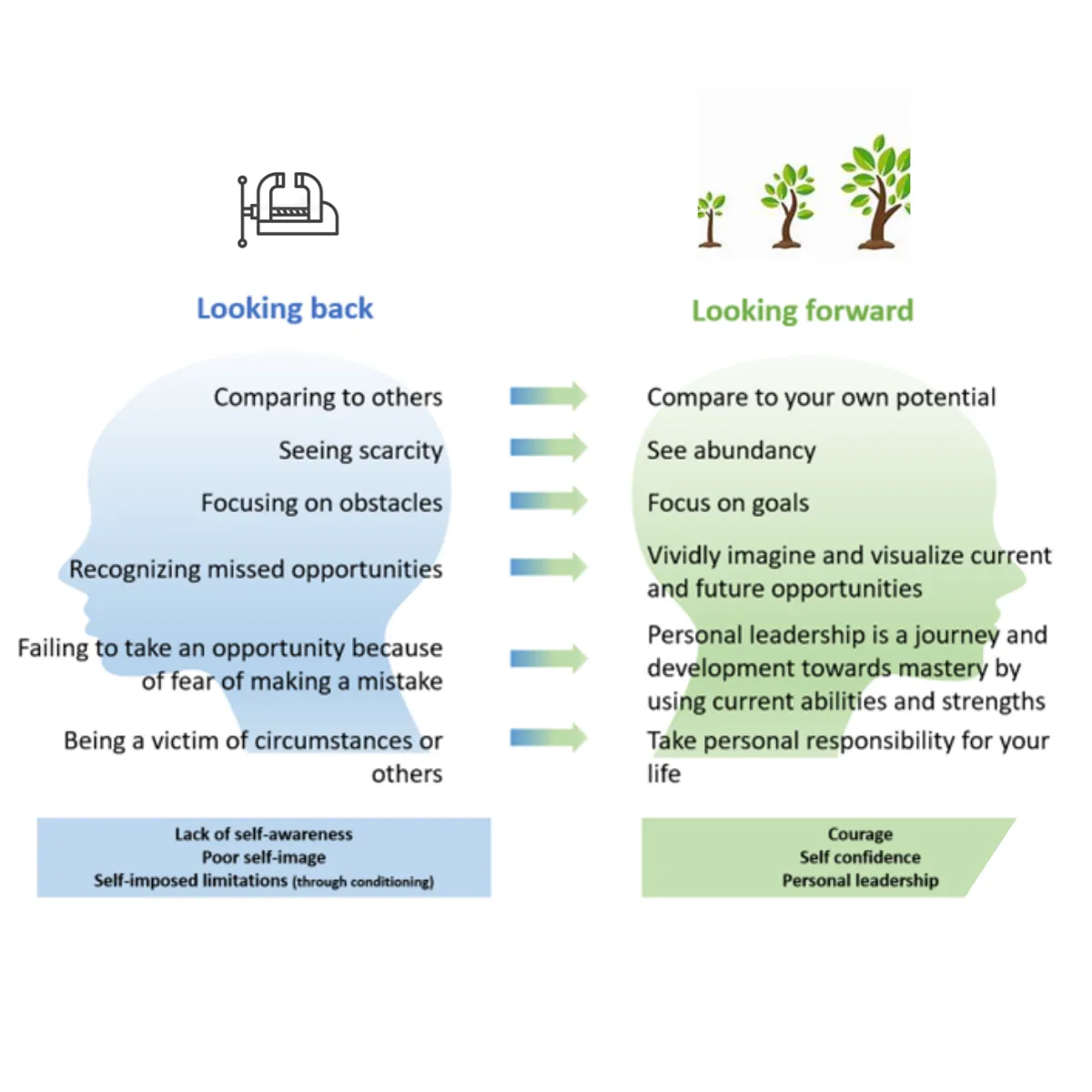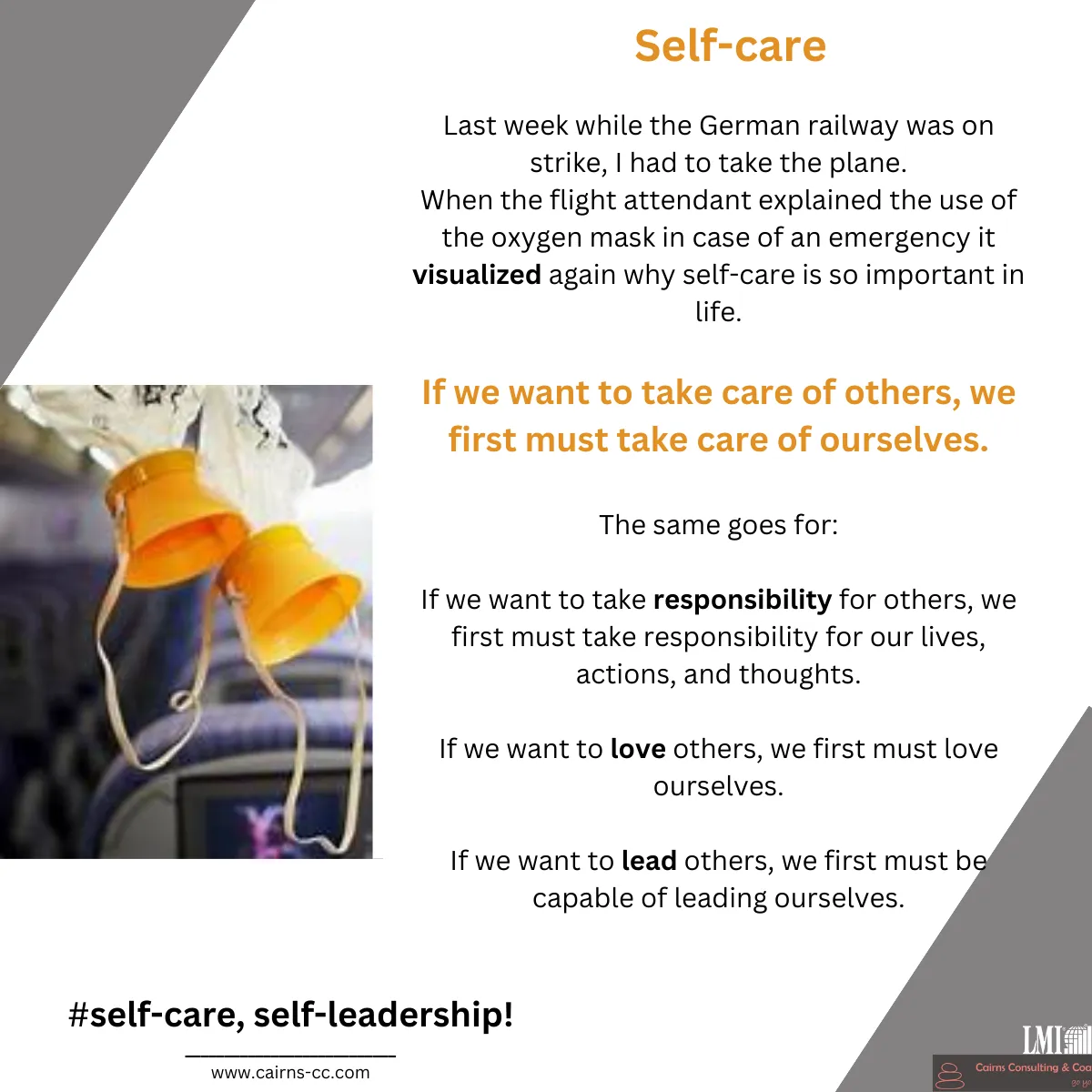November 2024

Navigating the Leadership Transition for Scientists
Exploring challenges &strategies to master the transition from a scientific to a leadership role
Scientists stepping into their first leadership role face a profound transformation that demands more than technical expertise. To master a successful transition from a scientific to a leadership role the article explores:
the differences in role and responsibilities
the challenges facing during the transition
common pitfalls, reasons for success, and reasons for failure
and proposes strategies and practical advice to master the transition while putting emphasis on self-reflection and personal leadership.
Leadership is a learned skill, not an innate talent. With self-awareness, continuous learning, and the right support, scientists can become inspirational and effective leaders.
2023


Human Connectivity as Success Factor:
Strategies for a Future-Oriented Working Environment
In the workplace of tomorrow, social capital arising from social networks becomes a valuable resource providing access to information, opportunities, and support. It enhances the well-being and health of the workforce, consequently leading to increased productivity and success.
Professional connections are viewed as key to innovation, workplace satisfaction, and personal growth. Addressing challenges in the future workplace requires a shift in perspective towards integrated communities.
Concrete strategies for businesses, such as fostering an inclusive corporate culture and encouraging interdisciplinary collaboration, are suggested. The leadership's role modelling and the implementation of authentic measures are crucial for success.
Fixed vs Growth Mindset – another perspective

Generally, those with a fixed mindset believe they cannot change, leading to challenges making them feel overwhelmed. In contrast, those with a growth mindset believe they can improve with effort and tend to outperform others even with a lower IQ because they embrace challenges as opportunities to learn. People with a fixed mindset stay in the past and in the today; people with a growth mindset learn from the past and look to the future. Here are some perspectives that everyone can change.
📌 Don’t compare yourself to others; you will always find experts who are better than yourself. Compare yourself to your own potential – go and dig, find your own potential, you might be surprised how big it really is!
📌 Don’t look at the scarcity of things, such as job offers, items or opportunities. Look for what is out there, and you will see abundance. Sometimes it just takes a different perspective and testing to see the abundance!
📌 Don’t focus on the obstacles along your way; they will keep you paralyzed. Instead, focus on your goals and solutions to reach them. This perspective makes the obstacles appear smaller and surmountable!
📌 Don’t realize where you missed an opportunity – it is too late. Vividly imagine and visualize current and future opportunities. Use visualizations/pictures or gadgets of your goals to remind you daily where you want to be!
📌 Don’t be afraid of making a mistake. We learn from mistakes. And this is your personal leadership journey. It takes courage, it takes self-awareness and self-confidence in your abilities and your potential. This is how you grow!
📌 Don’t look at set-backs as being a victim of circumstances or a victim of decisions and actions of others. Develop and take personal responsibility for your decisions, your actions, and for life. You will develop pride in your own steps and achieve success and genuine satisfaction of what you can and will achieve.
Do you recognize yourself on the continuum between fixed and growth mindset?

Self-care takes different forms; meditation, yoga, sports, special diets, volunteering, reading a book, hobbies, taking a walk in nature, enough sleep, whatever is right for you.
Self-care is important, because:
✅It promotes a positive mental attitude by encouraging self-reflection, self-compassion, and self-acceptance.
✅It fosters emotional stability and a positive mindset.
✅It helps us maintain overall well-being by supporting our mental and physical health.
✅It prepares us for navigating challenges without succumbing to exhaustion by giving us the resilience required.
✅It promotes healthy relationships, at home and at work.
❌Self-care is not a waste of time – even if it sometimes feels like it, making us feel guilty.
Self-care is like investing in our
personal growth and development
. Setting aside time for learning, pursuing passions, and working towards personal goals contribute to a sense of purpose and continuous development.
Taking time for self-care is not a hindrance to
productivity;
in fact, it contributes to it. Well-rested and mentally rejuvenated, we are more focused, creative, and efficient in our work and personal endeavours.
🗓 Recently I downloaded a daily planner
– one page per day. A third of the page is reserved for putting down my goals and thoughts about:
Morning start:
🗹 Affirmation for the day
🗹 Self-care goals for the day
🗹 Morning review – what I am excited about today?
🗹 What/who I am grateful for?
Evening review:
🗹 What went well today?
🗹 What will I improve tomorrow?
🗹 Nutrition log with mood, hydration, whether and sleeping patterns.
This is one of my resolutions for this year. Putting self-care moments in my days. I will need to put time aside in my daily calendar; otherwise, I might not do it. My daily calendar reminds me now – until it becomes a habit…
Do you have self-care resolutions for yourself? If not – try it out.


